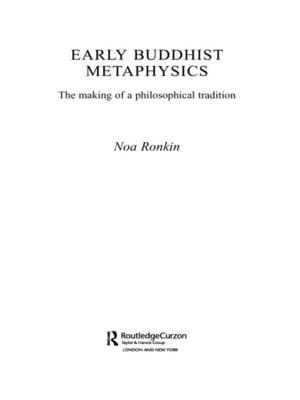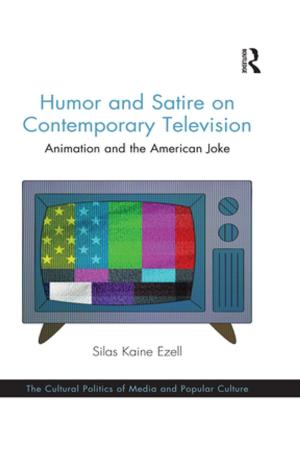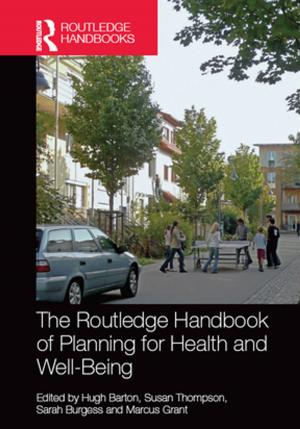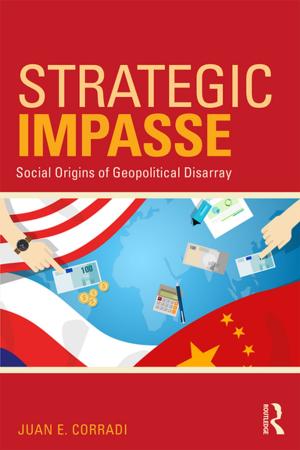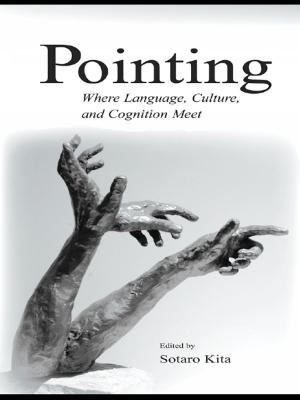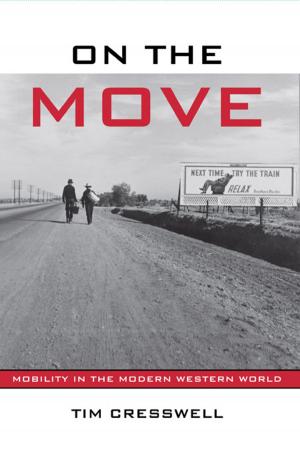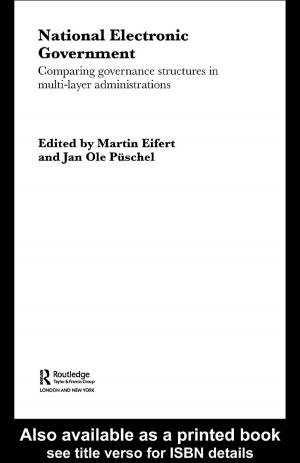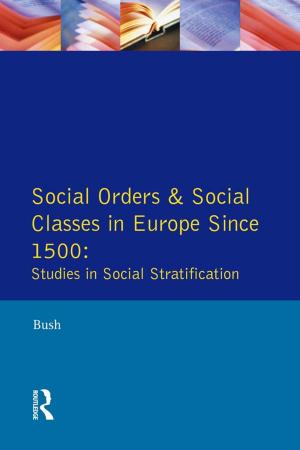The Renaissance Computer
Knowledge Technology in the First Age of Print
Nonfiction, Social & Cultural Studies, Social Science, Cultural Studies, Popular Culture, Fiction & Literature, Literary Theory & Criticism| Author: | ISBN: | 9781134599790 | |
| Publisher: | Taylor and Francis | Publication: | September 11, 2002 |
| Imprint: | Routledge | Language: | English |
| Author: | |
| ISBN: | 9781134599790 |
| Publisher: | Taylor and Francis |
| Publication: | September 11, 2002 |
| Imprint: | Routledge |
| Language: | English |
In the fifteenth century the printing press was the 'new technology'. The first ever information revolution began with the advent of the printed book, enabling Renaissance scholars to formulate new ways of organising and disseminating knowledge.
As early as 1500 there were already 20 million books in circulation in Europe. How did this rapid explosion of ideas impact upon the evolution of new disciplines?
The Renaissance Computer looks at the fascinating development of new methods of information storage and retrieval which took place at the very beginning of print culture. And it asks some crucial questions about the intellectual conditions of our own digital age. A dazzling array of leading experts in Renaissance culture explore topics of urgent significance today, including:
* the contribution of knowledge technologies to state formulation and national identity
*the effect of multimedia, orality and memory on education
*the importance of the visual display of information and how search engines reflect and direct ways of thinking.
In the fifteenth century the printing press was the 'new technology'. The first ever information revolution began with the advent of the printed book, enabling Renaissance scholars to formulate new ways of organising and disseminating knowledge.
As early as 1500 there were already 20 million books in circulation in Europe. How did this rapid explosion of ideas impact upon the evolution of new disciplines?
The Renaissance Computer looks at the fascinating development of new methods of information storage and retrieval which took place at the very beginning of print culture. And it asks some crucial questions about the intellectual conditions of our own digital age. A dazzling array of leading experts in Renaissance culture explore topics of urgent significance today, including:
* the contribution of knowledge technologies to state formulation and national identity
*the effect of multimedia, orality and memory on education
*the importance of the visual display of information and how search engines reflect and direct ways of thinking.



